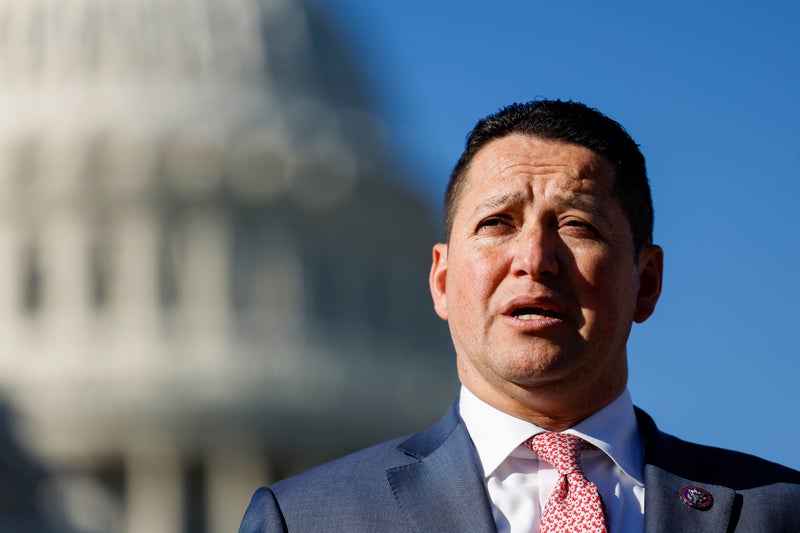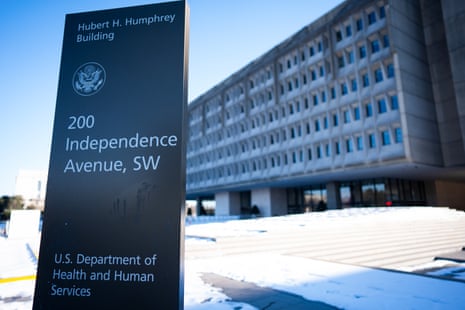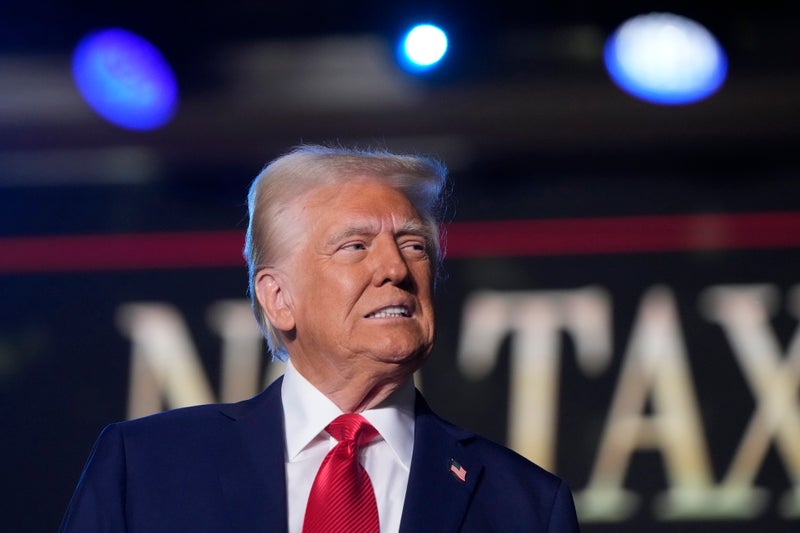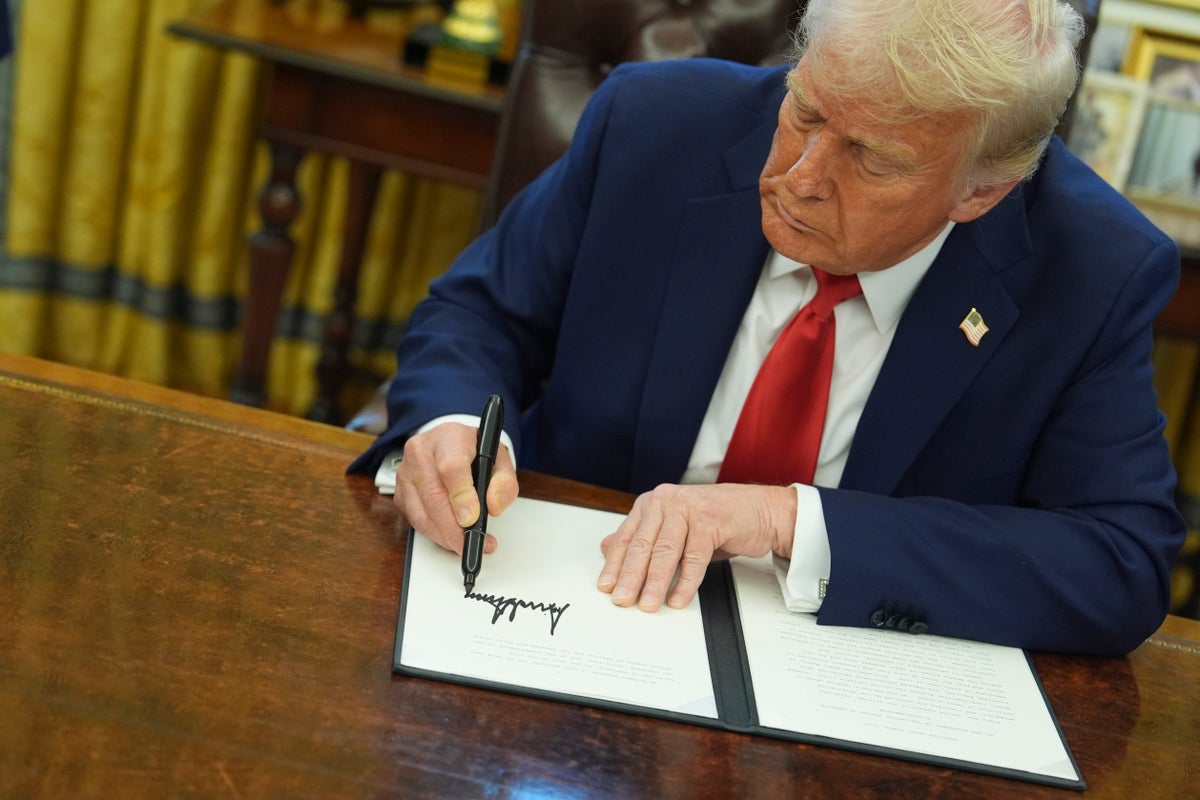Republicans are split on cuts to the federal and state health insurance program that provides coverage for more than 72 million Americans. But, it’s not just Republican-leaning states impacted as California, Oregon, Washington, Virginia and New Mexico were all projected to see at least 30 percent drops as well.
![[Republicans such as Steve Bannon have pushed back on plans to slash Medicaid because of who it would impact - Republican voters. The program helps to cover nursing home costs and other services]](https://static.independent.co.uk/2025/02/24/17/43/GettyImages-2200926115.jpeg)
"We are not interested in cutting the social and health care safety net for children, disabled, and low-income Americans," Ken Calvert, a California Republican, told the outlet. "We are focused on eliminating waste, fraud, and abuse, as well as strengthening work requirements for able-bodied working age adults with no children.“.
![[Nevada, which went red last presidential election, is one of the states with the highest estimated percent decline in Medicaid enrollment by Fiscal Year 2034 if current expansion states dropped the expansion. Elimiating the rate could reduce total enrollment by between 19 and 49 percent]](https://static.independent.co.uk/2025/02/24/17/46/GettyImages-1282045951.jpeg)
However, others, such as Texas Rep. Tony Gonzales, are breaking with Trump and House Speaker Mike Johnson on the issue. The current Medicaid expansion match rate is 90 percent, meaning the federal government pays 90 percent of the costs for enrollees for those who qualify. It currently covers over 20 million people, KFF says. But that program could be targeted under Trump and the Republicans.
To reduce Medicaid spending, lawmakers are considering eliminating the expansion match rate. If they drop the expansion coverage in response to the elimination for the 90 percent federal match rate, there would be a 25 percent decrease in federal Medicaid spending, KFF said. But, 20 million would lose coverage, in one scenario presented by the non-profit.
“This is also only one of the various Medicaid policy changes that have been suggested and estimates would change if multiple policies were considered together,” it said. Should the current expansion states drop the expansion, the report said eliminating the match rate could reduce total enrollment by 19 percent across the 40 states with expanded coverage.

















.jpg?trim=14,0,15,0&quality=75&auto=webp&width=1000)













